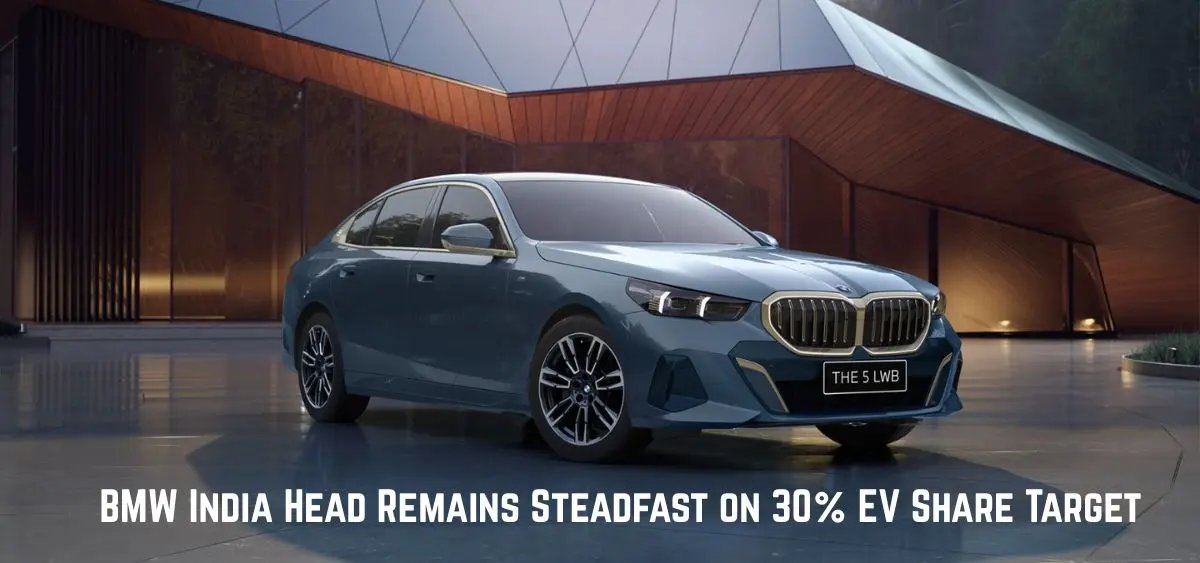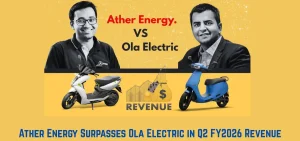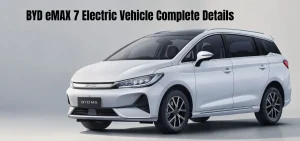Despite a general slowdown in the Indian EV market, BMW India remains firmly committed to achieving a 30% electric vehicle (EV) share by 2030. In fact, the company believes it may reach this target much earlier, thanks to strong sales momentum and a rapidly expanding customer base.
Hardeep Singh Brar, President and CEO of BMW Group India, emphasised that the brand is witnessing strong traction in its EV portfolio, with electric models already contributing 21% to total sales in the first nine months of 2025. With this growth rate, he calls the 30% target “definitely doable.”
Surging EV Sales Fuel Optimism
Between January and September 2025, BMW Group India sold 2,509 electric BMW and MINI vehicles, marking a striking 246% year-on-year growth. The company also achieved its highest-ever sales in Q3 2025, underlining robust demand for premium electric cars.
This rapid growth allowed BMW to double its EV share from 10% last year to 21% this year. If this trajectory continues, BMW could hit the 30% milestone even before 2030.
Overall, BMW India recorded 11,978 car sales during this period, registering 13% growth over the previous year.
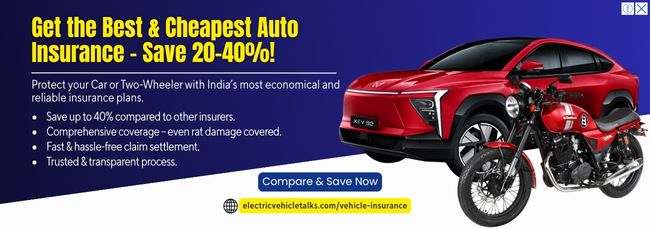
Why BMW’s EV Strategy Is Working?
1. Competitive Pricing
Brar noted that EV pricing remains a challenge in the broader industry, where electric cars are typically 10–20% costlier than petrol or diesel vehicles. However, BMW has priced its electric models at par with its ICE lineup, giving customers the added benefit of long-term fuel savings.
2. Rising Confidence in Range
Range anxiety, once a major concern, is diminishing. Most BMW EVs offer over 500 km of driving range, while the average Indian driver rarely exceeds 400 km in a day—eliminating a key barrier for buyers.
3. Sustainability Mindset Among Luxury Buyers
Luxury car customers are increasingly prioritising sustainability. This shift has boosted interest in BMW’s EV lineup, particularly models like the iX1—the brand’s best-selling electric model—followed by the flagship i7.
Strengthening Reach & Infrastructure
To accelerate adoption, BMW is expanding its presence in Tier 2 and Tier 3 cities, tapping new customer groups, including first-time luxury car buyers who are choosing EVs over traditional engines.
Furthermore, BMW’s charging infrastructure is rapidly growing. Through strategic partnerships, customers now have access to over 6,000 charging points across India, easing concerns about charging availability.
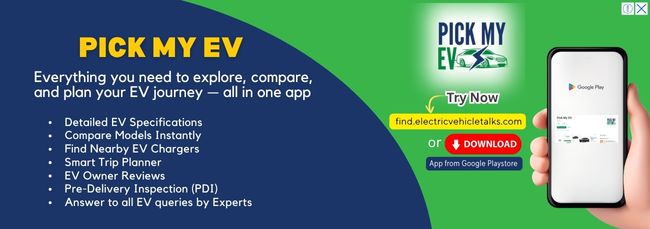
Conclusion
Driven by aggressive product strategy, expanding networks, and a growing EV-conscious luxury customer base, BMW India is on a strong upward trajectory. With 21% EV share already achieved and strong sales growth continuing, the company seems poised to meet—if not surpass—its 30% EV sales target well before 2030.
Related Articles:-

